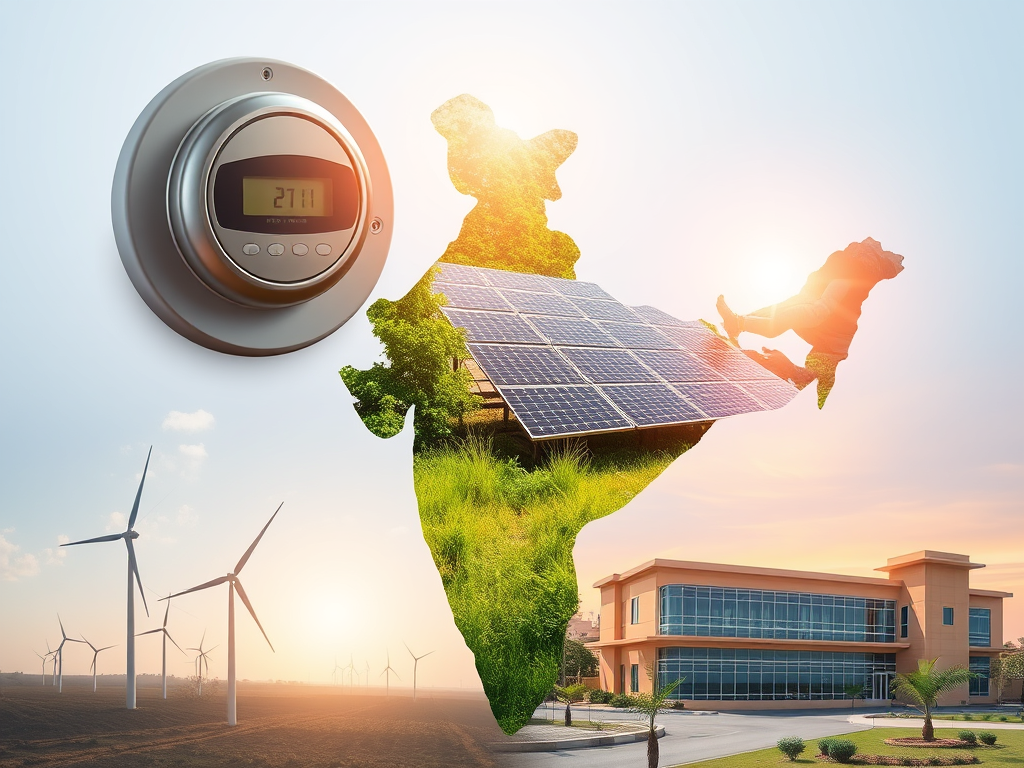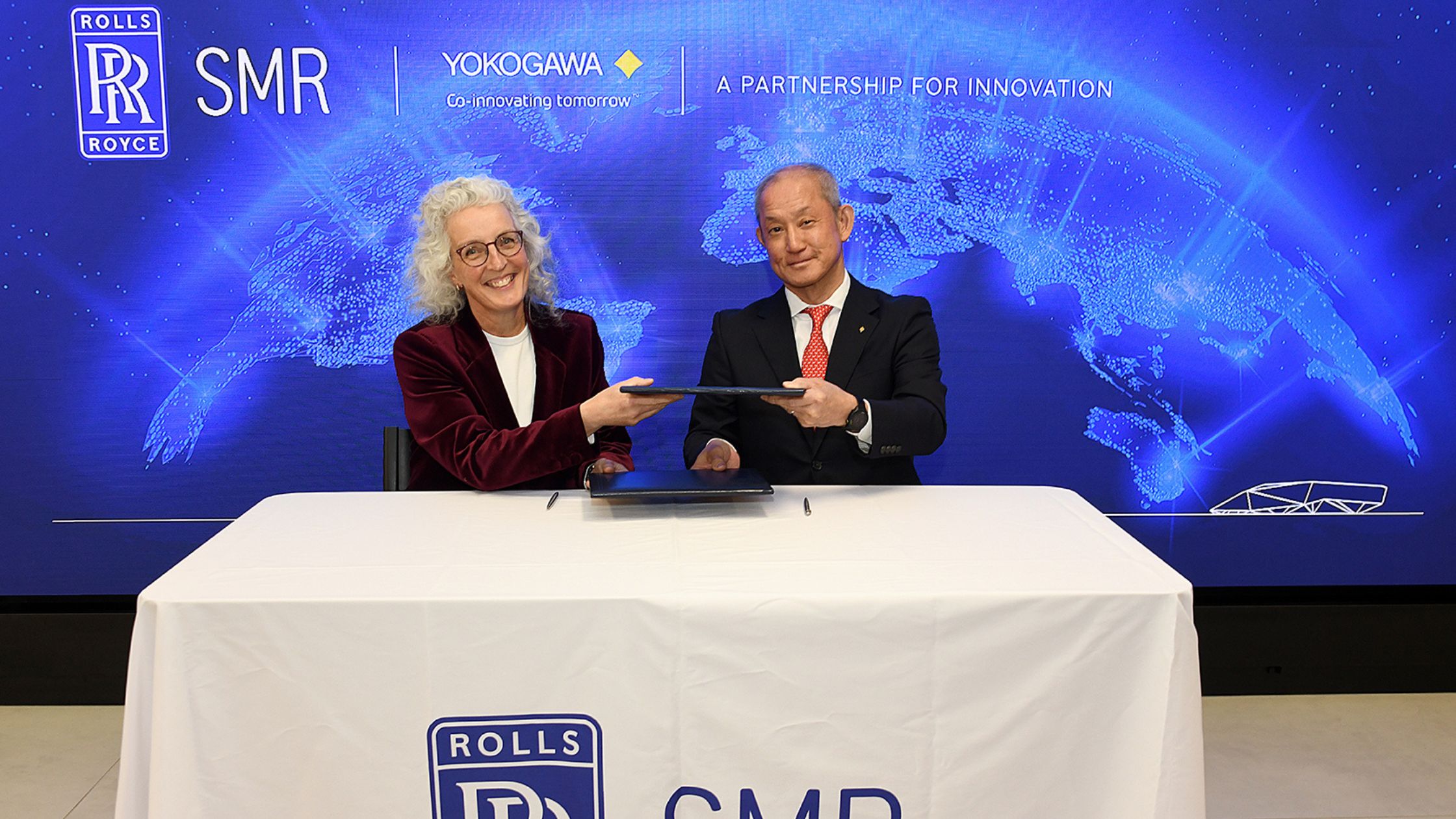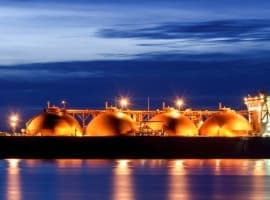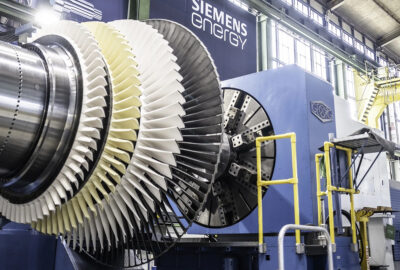
Shell Malaysia has unveiled a landmark initiative to accelerate its net-zero emissions goal by 2050. Announced on November 4, the plan includes the installation of solar panels across the rooftops of its 600+ retail sites. This project, with a total capacity of 20 MWp, is expected to generate 25,550 MWh of clean energy annually—equivalent to powering 7,392 households.
Shell aims to complete the solar transition for all sites by next year as part of its broader strategy to cut Scope 1 and Scope 2 emissions by 50% by 2030, using 2016 as the baseline.
Collaborating with Progressture PowerTo implement the initiative, Shell Malaysia has partnered with Progressture Power, a Malaysian renewable energy company, under a Power Purchase Agreement (PPA). Progressture Power will own and operate the rooftop solar systems, helping reduce carbon emissions by 19,366 tons annually.
Progressture Power specializes in solar development, waste-to-energy (WTE) solutions, and renewable energy certificate trading. The company has ambitious plans to expand its renewable energy portfolio to 1.5 GW across Southeast Asia within the next five years.
Shell Adjusts Long-Term Climate CommitmentsDespite its commitment to decarbonization, Shell has faced scrutiny for recently softening its emission reduction targets. Earlier this year, the company canceled its goal to reduce carbon intensity by 45% by 2035, citing uncertainties in the energy transition process. Shell CEO Wael Sawan described the target as “perilous,” given the challenges in balancing profitability and sustainability.
In addition, Shell revised its 2030 net carbon intensity reduction target for energy products, reducing it to a range of 15%–20% from the original 20%. While maintaining its 2050 net-zero goal, the adjustments have drawn criticism from environmentalists who accuse the company of backtracking on its climate commitments.
Renewable Sector Struggles Amid Rising Profits in OilReuters reports that while Shell and other oil companies have seen record profits, the renewable energy sector has suffered declining returns. Responding to investor pressure, Shell has shifted focus toward its most lucrative sectors, exiting offshore wind and low-carbon energy projects and scaling back its low-carbon solutions department.
Environmentalists argue that such moves reflect a regression in Shell’s sustainability priorities, even as the company positions its solar initiatives as a step forward in Malaysia’s energy transition.













